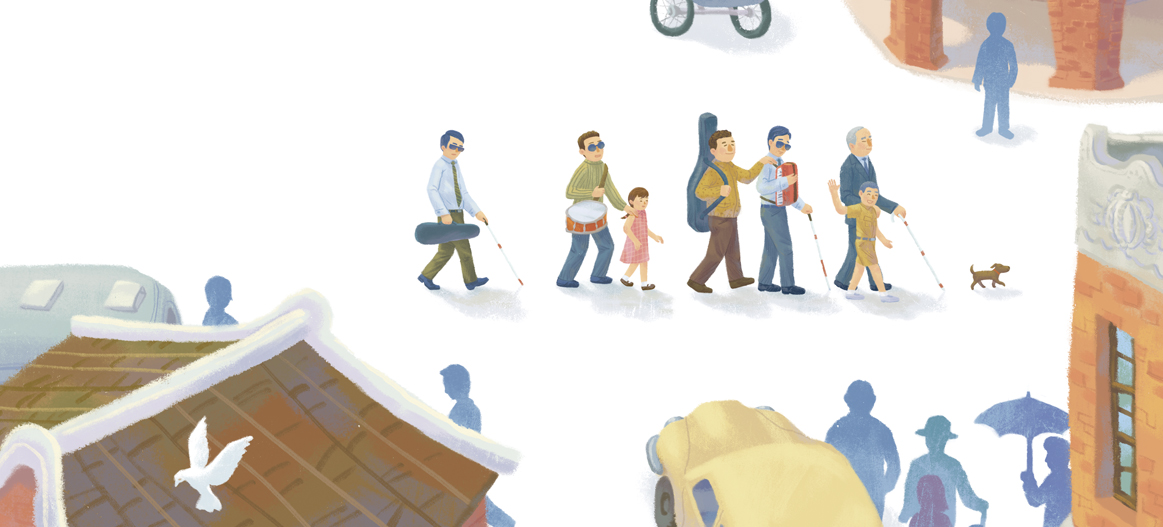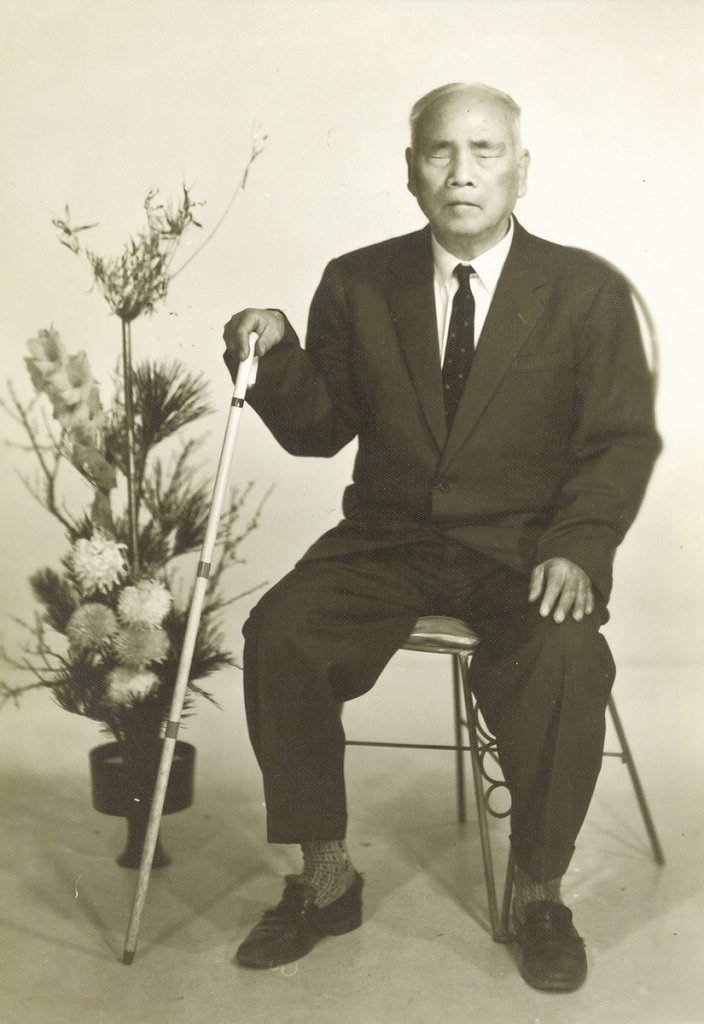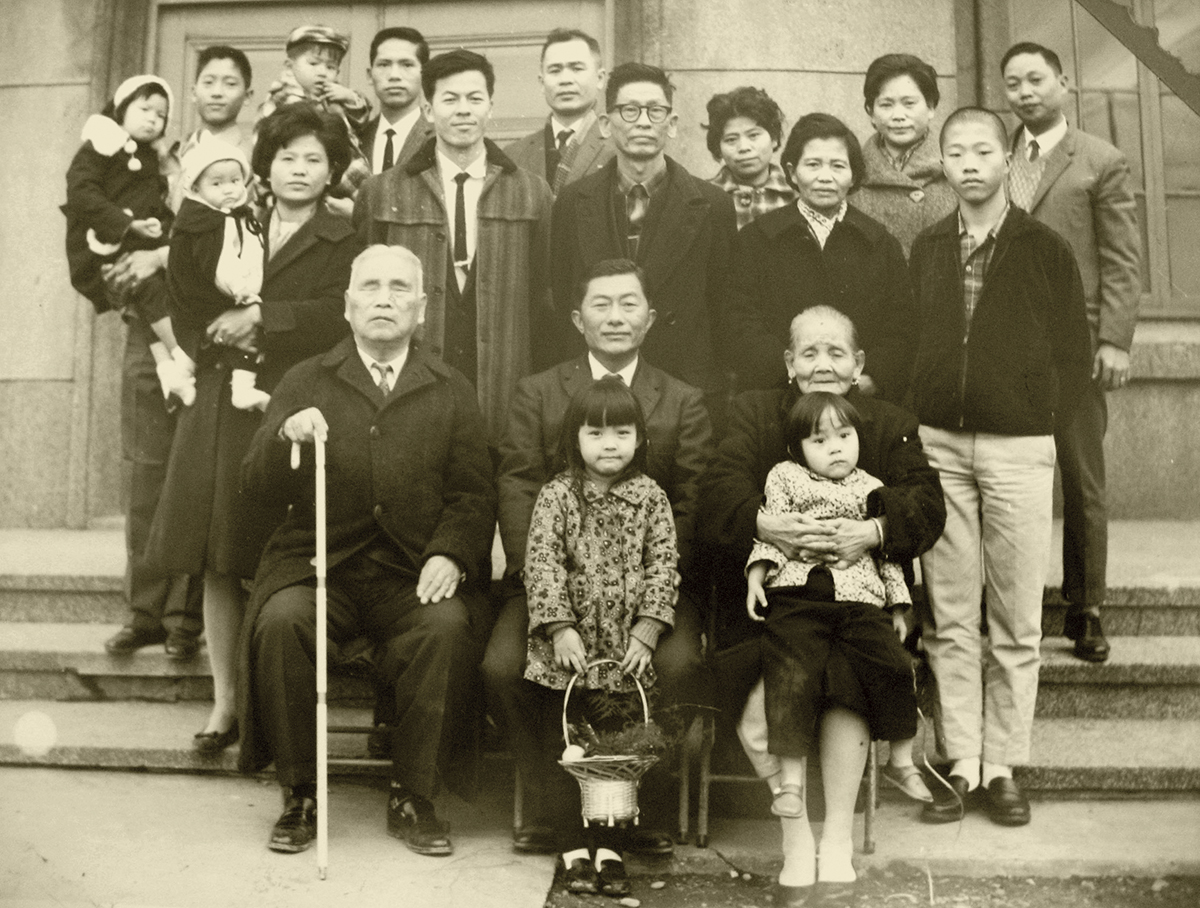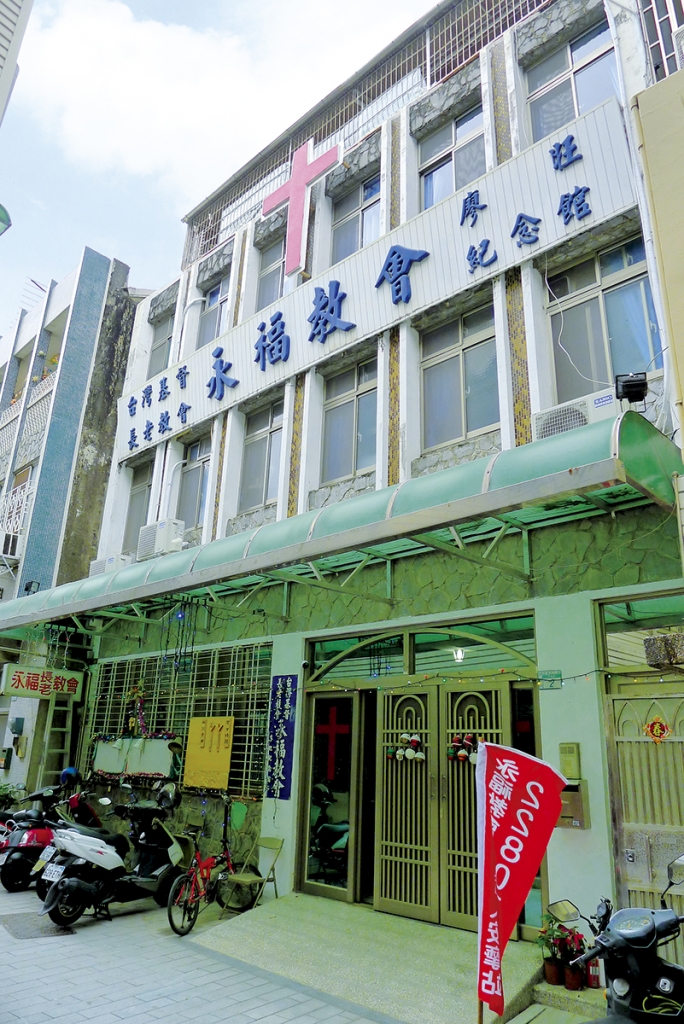
Pay It Forward - Liao Wang the Blind Witness【Parent-Child Reading Guide】
點閱次數:725
Liao Wang: One Blind Man in the Service of All
Liao Wang, born 1890, was the only one of twelve siblings to survive into adulthood. When he was five, he caught measles. During the ensuing fever, his mother took him to a temple for cure and blessings. The temple’s attendant rubbed incense ash at his eyes without disinfection, blinding him ever after.
Around 1899, Liao met Rev. William Campbell, who was running a school for the blind in Tainan. The missionary thought education would benefit Liao, and called on the family again and again until his conservative parents finally agreed to send their son to the school.
“I am the light of the world. Whoever follows me will never walk in darkness but will have the light of life.” (John 8:12) Jesus’ words had always touched Liao. At fifteen, he asked to be baptized. It was a step too far for his parents. They lashed at him, and even tied his Manchu queue to the offering table at the home shrine. Not to be deterred, Liao carried the table on his back and went to church on Sunday anyway.
Liao was able to persuade his parents in the end with the story of Jesus healing a man born blind: It was not that they had sinned, but he became sightless “so that God's works might be revealed in him.” (John 9:3) Throughout his life, Liao would often use the same quotes to encourage people like him.

Liao Wang (Photo provided by Liao's family)
Educator for the Blind
Liao graduated with honors from Campbell’s school at nineteen, and traveled alone to Japan to study at the Tokyo School for the Blind (now part of the University of Tsukuba) on a full scholarship. He was one of the first Taiwanese blind students in Japan.
Graduated in 1913, Liao was soon back in Tainan teaching at his alma mater. His subjects were acupuncture and massage. He often stood up to Japanese colleagues for discriminating against Taiwanese pupils. After nine years, Liao decided to start his own business. He offered treatments based on his expertise, and took in apprentices so they may one day make their own living.
Masseurs required licensing then. Liao mentored blind students from straitened backgrounds for free, and gave them allowances until they were sanctioned to practice. The apprentices were also taught braille, to use the abacus, and to play music. Through hymn tunes and text, fun, meaning, hope, and faith in life were regained.
Philanthropist for the Blind
As an industry leader, Liao carried out many functions to advocate blind rights. During the colonial era, he represented the Taiwanese interest in the all-Japan blind persons’ federation. He founded the masseurs’ union in 1922 and served as its unsalaried chairman for almost three decades. After the war, he founded Taiwan Light House and led its Tainan chapter for three terms. Liao’s achievements include medical vouchers for the blind, education subsidies for their offspring, and making sure masseurs as a profession were blind-only.
He regularly handed out relief and allowances to the poor and sick of the blind. To acquire the goods needed, he poured in his own time and money, and mobilized his family every so often to solicit contributions from door to door. Once his children had grown up and moved away, he turned the ancestral house into a shelter for the homeless blind, living instead in a bamboo shed in the yard.

Liao Wang and his family (Photo provided by Liao's family)
Founder of Blind Fellowship and Church
In 1961, Liao began organizing blind Christians around Tainan. They invited new blood and worshipped at various bigger churches in the city, having to move every three months. They also set up their own band to accompany the services.
Meanwhile, Liao leveraged the seeing folk’s willingness to help the blind. Taxi fares were paid so that blind people could come to church or go see a doctor; sons and daughters of the blind could go to school with tuition covered; and living essentials were periodically available at the church.
Liao edited and printed hymnals in Taiwanese braille. The three hundred odd songs introduced the Lord to many blind people, and several dozens were converted because of his efforts.
Ancestral Home Turned Church
Yu Hsien, Liao Wang’s wife, was a sin-pū-á or tongyangxi; that is, she was adopted and raised at the Liao household as the future daughter-in-law. They remained devoted to each other for life, while Yu bore Liao five daughters and three sons, who all reached adulthood. She never had to dress him, though, as Liao was scrupulous about his looks and attire and could do it himself. Liao was handy around the house; he could change the light bulb, repair the door, and even cook. He was not afraid to go out on his own, often taking bus or train rides to fund-raise or visit grandchildren in another town. The little ones loved their grandpa, for he was generous and always cheerful.
Late in life, Liao confided to his youngest son, Ching-Yuan, that he wished to build a new church at the site of their ancestral house, giving Tainan’s blind Christians a permanent home. While one of the daughters, Tao, ran the blind fellowship after Liao’s passage in 1971, the project did not take off until eight years later, when Ching-Yuan, a successful businessman, signed away the deeds to make way for what is now known as the Tainan Yongfu Presbyterian Church.
Today the Tainan Yongfu Church is led by Pastor Chen An-Pang, a grandson of Liao’s, and welcomes both blind and seeing members. On its ground floor there is the Liao Wang memorial, where one can learn about his life’s work and enjoy a massage session.
Twice had the present authors visited the church to learn the specifics of Liao Wang’s life, especially from his grandchildren, whose fond memories of their grandfather revealed to us a Christian that was independent, strong, full of hope, and full of love for the blind and the Lord.

Tainan Yongfu Church (Photo credit/ Chen Chia-Lin)
Our gratitude also goes to Pastor Chen An-Pang, Ms. Yang Hsiu-Hui, Mr. Yang Chen-Sheng, the Archives of PCT and Rev. Lu Chi-Ming. This work would not have been possible without their assistance.